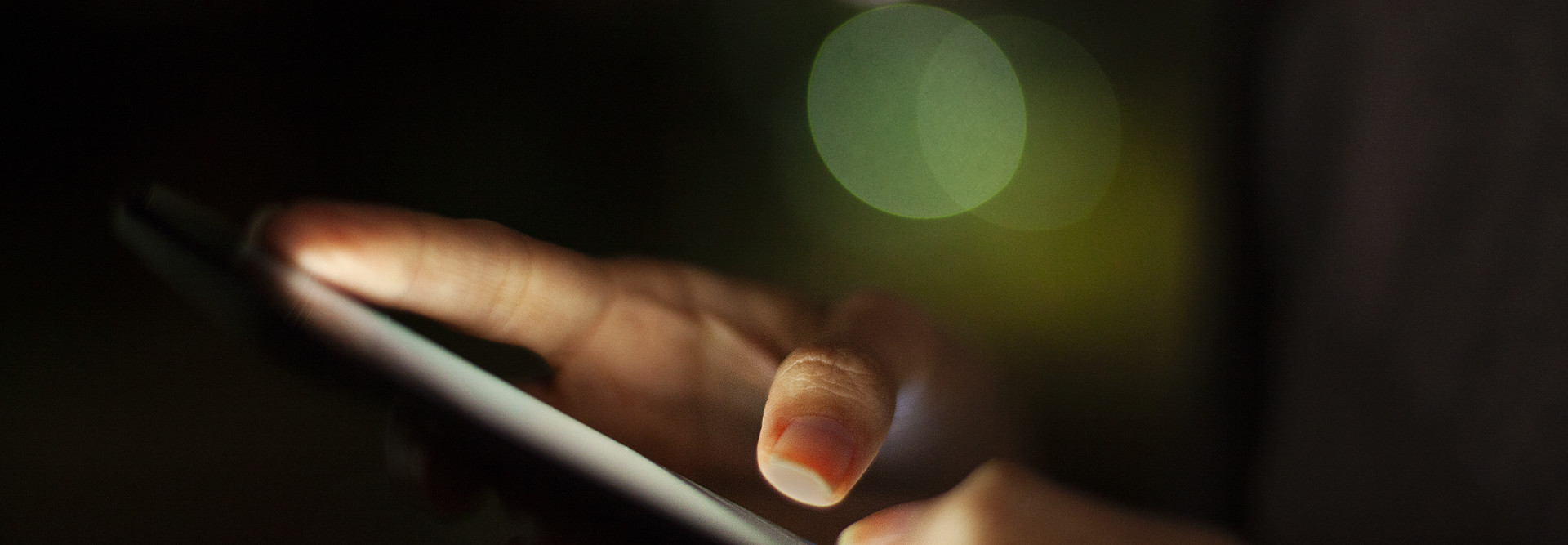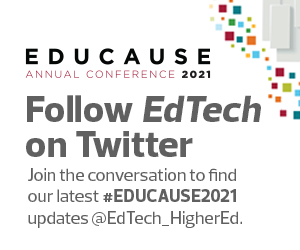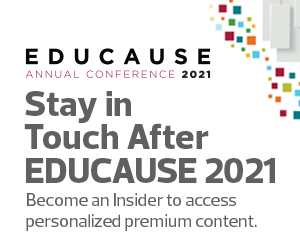Data Privacy Goes Beyond the IT Department
Student respondents also expressed a desire for transparency and context in their schools’ data collection practices.
“I would just specify everything that’s going on, like, ‘Here we’re going to use your data for the betterment of the community,’” one student said. “We can promise you that X, Y and Z aren’t going to happen.’ I just want it to be very specific.”
Jones said most universities don’t readily share data collection and usage information, but they should.
“We should give students much more credit with where their privacy literacy actually is and allow them to be agents in the decisions that we make about privacy at the institutional level,” Jones said. “When it comes down to it, students really don’t have much control over their privacy. I believe, based on law and institutional policy, we have set it up that way. Now the students are coming back and saying, ‘I’m not actually OK with that. I want to have more choice in these things,’ and we should respect that to the extent that we can.”
EXPLORE: See how universities are protecting both privacy and security.
Parsi said getting the students involved in privacy conversations goes a long way in education and empowerment.
“In all of our governance structures that involve privacy, I make absolutely sure we have the student leadership as part of that process and that decision,” she said. She also conducts privacy trainings that are open to anyone, including students.
Parsi often speaks to classes across academic disciplines on the topic of data privacy, and noted that many professors are now including privacy conversations in their syllabi.
“The most important thing I can do is training and awareness to get people to understand and at least start speaking the same language,” Parsi said, “so the students can express their preferences in a meaningful way, so we’re all speaking the same language when we talk about privacy.”
Find more coverage of EDUCAUSE 2021, including more interviews and advice from higher ed experts, here.














